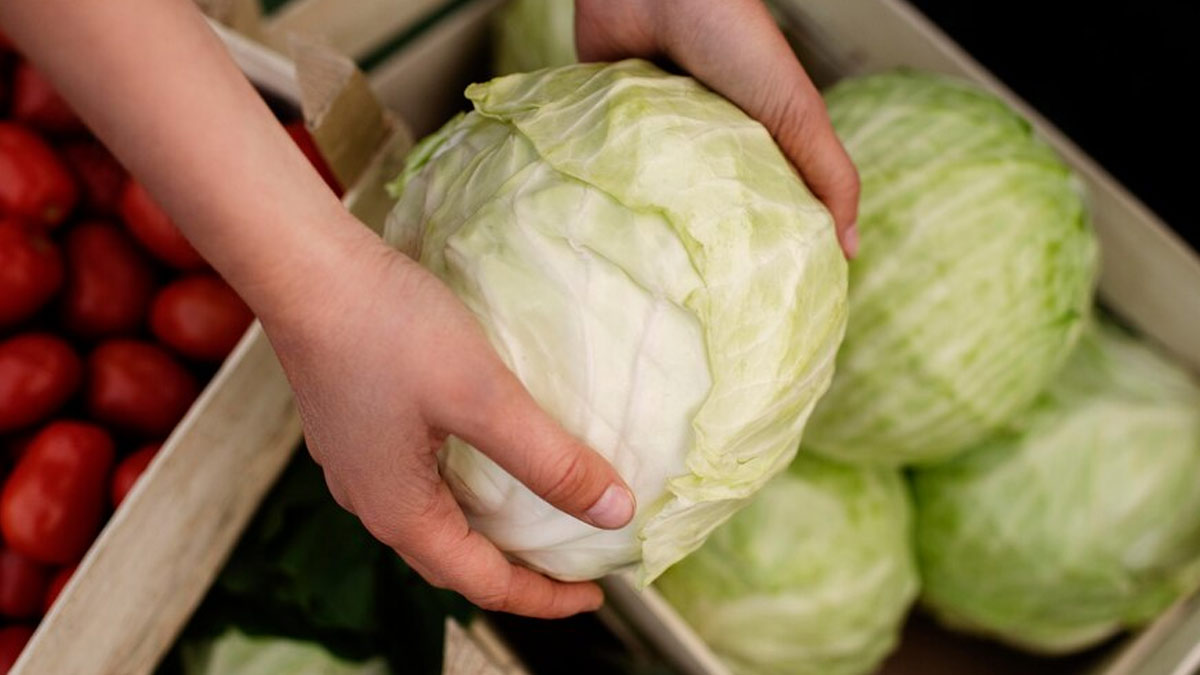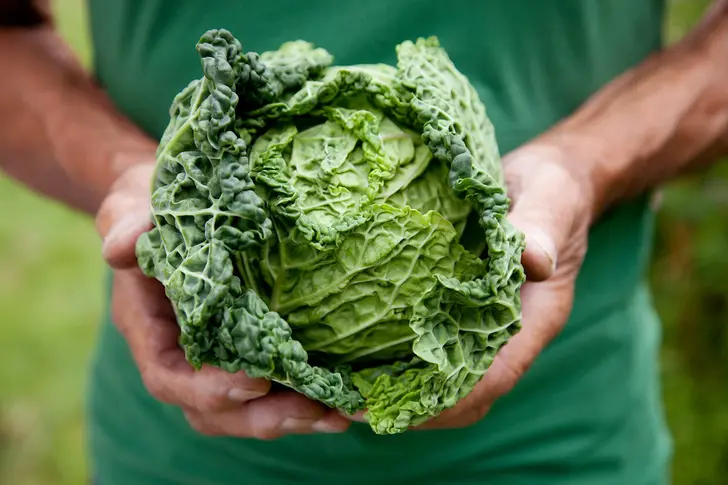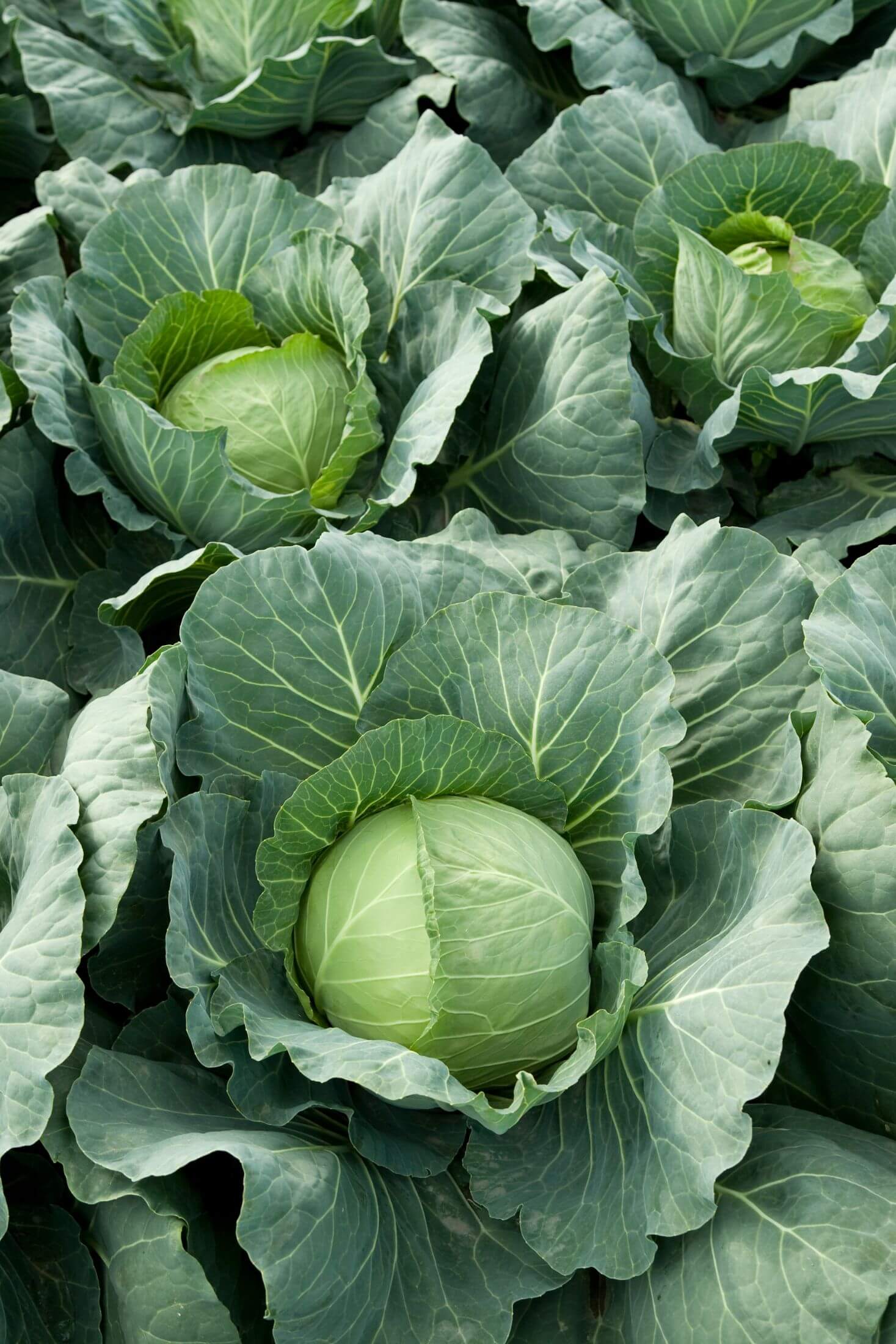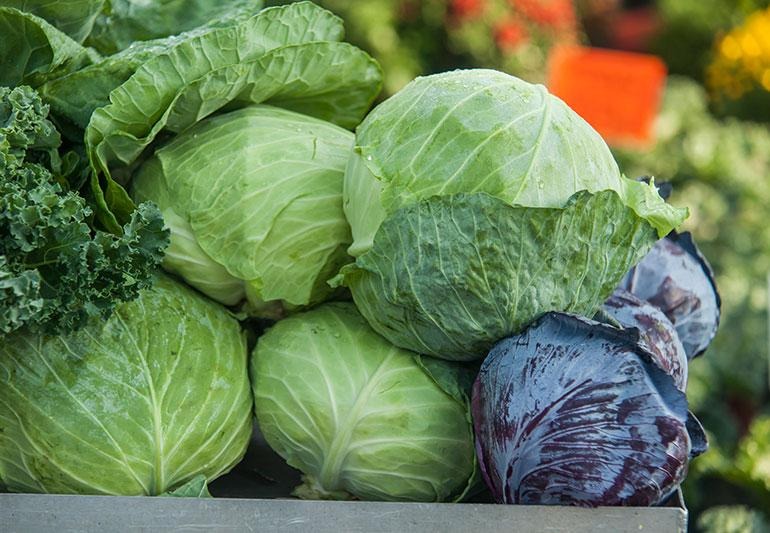Cabbage is a widely enjoyed vegetable known for its affordability, versatility, and impressive nutrient profile. It is rich in vitamin C, vitamin K, vitamin B6, folate, fiber, and antioxidants. These nutrients support immune health, aid digestion, and contribute to heart and bone health.
Available in green, red, purple, and white varieties, cabbage can be eaten raw, steamed, boiled, roasted, or fermented. Its health benefits include supporting healthy cholesterol levels, promoting digestive regularity, and providing anti-inflammatory compounds.
However, despite these advantages, certain individuals may need to limit or avoid cabbage based on their health conditions or dietary needs. The following groups should exercise caution and seek medical advice before making cabbage a regular part of their diet.

1. Individuals With Thyroid Conditions
Cabbage belongs to the cruciferous vegetable family, which also includes broccoli, cauliflower, and kale. These vegetables contain naturally occurring compounds called goitrogens.
According to the National Center for Complementary and Integrative Health (NCCIH), goitrogens may interfere with the thyroid’s ability to absorb iodine, a mineral essential for producing thyroid hormones. When consumed in large amounts, especially raw, these compounds could affect thyroid function.
For individuals with hypothyroidism or goiter, excessive intake of raw cabbage may not be advisable. Cooking cabbage can help reduce goitrogen content, making it generally safer for most people with thyroid concerns—though individual tolerance varies.

2. People With Digestive Sensitivities
Cabbage contains raffinose, a complex carbohydrate that the human body cannot fully digest. When it reaches the large intestine, it is fermented by gut bacteria, producing gas.
The International Foundation for Gastrointestinal Disorders (IFFGD) notes that foods high in fermentable carbohydrates can cause bloating, gas, and discomfort—particularly for individuals with irritable bowel syndrome (IBS) or other digestive sensitivities.
While moderate amounts of cooked cabbage may be tolerated by some, those prone to digestive discomfort may want to limit large servings or choose preparation methods that reduce gas production, such as steaming or fermenting.

3. Individuals With Cabbage Allergy
Although rare, some people may experience allergic reactions to cabbage. Symptoms can include skin irritation, hives, swelling, nasal congestion, or watery eyes. In severe cases, difficulty breathing may occur, which requires immediate medical attention.
The American Academy of Allergy, Asthma & Immunology (AAAAI) advises that anyone experiencing allergic symptoms after eating cabbage should stop consumption and seek evaluation from an allergist.
People with pollen-food allergy syndrome (oral allergy syndrome) may also react to raw cabbage due to cross-reactivity with certain pollens.

4. People With Kidney Stone Risk
Cabbage contains oxalates (oxalic acid), which can bind with calcium and form crystals. For most healthy individuals, dietary oxalates are not a problem. However, according to the National Kidney Foundation (NKF), people who are prone to calcium oxalate kidney stones may need to monitor their intake of high-oxalate foods.
While cabbage is not among the highest oxalate-containing vegetables, frequent and large consumption could contribute to oxalate load, especially for those with a history of kidney stones. Consulting with a healthcare provider or dietitian can help determine safe portion sizes.

